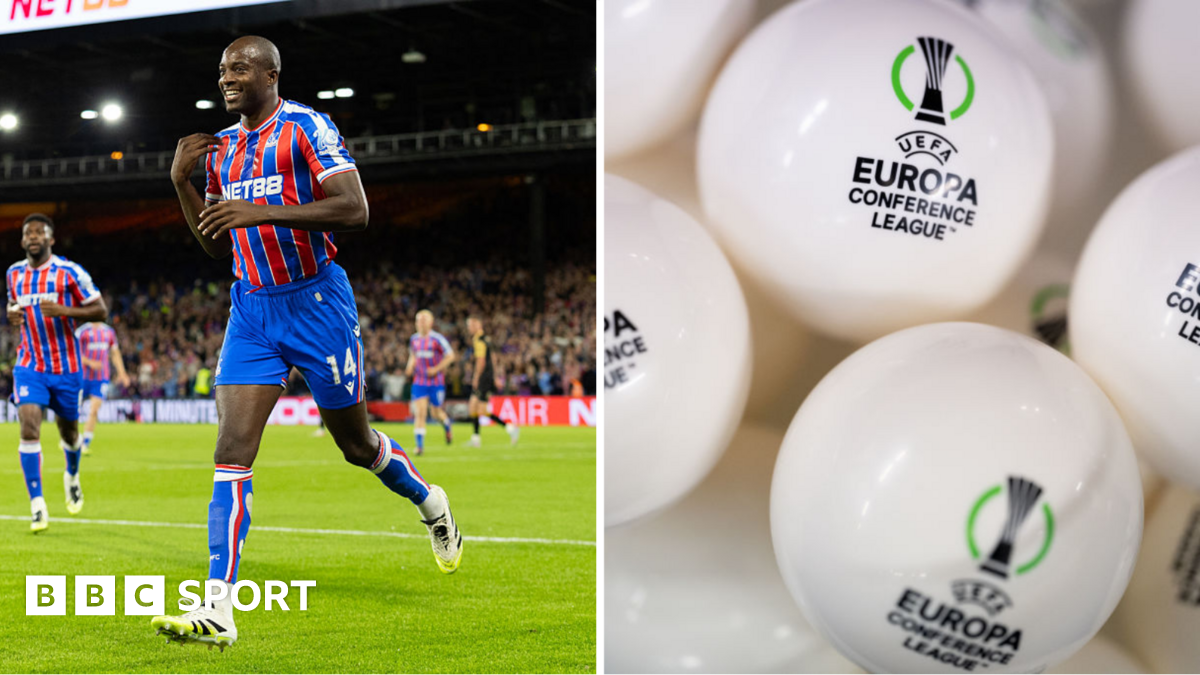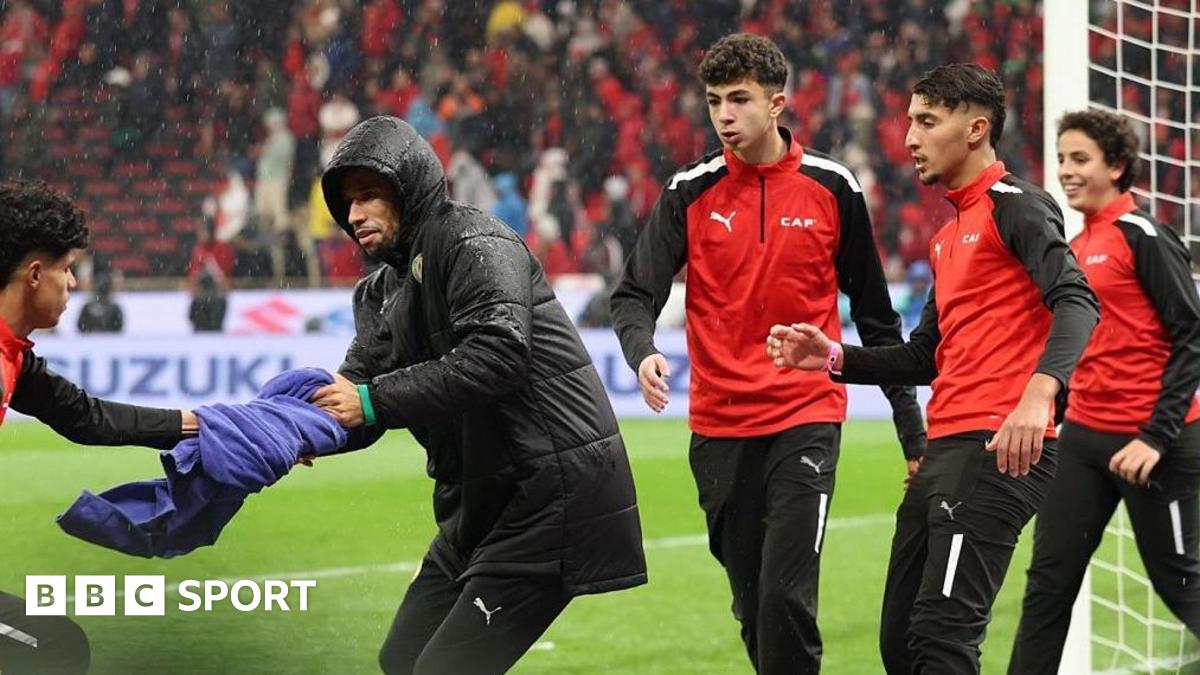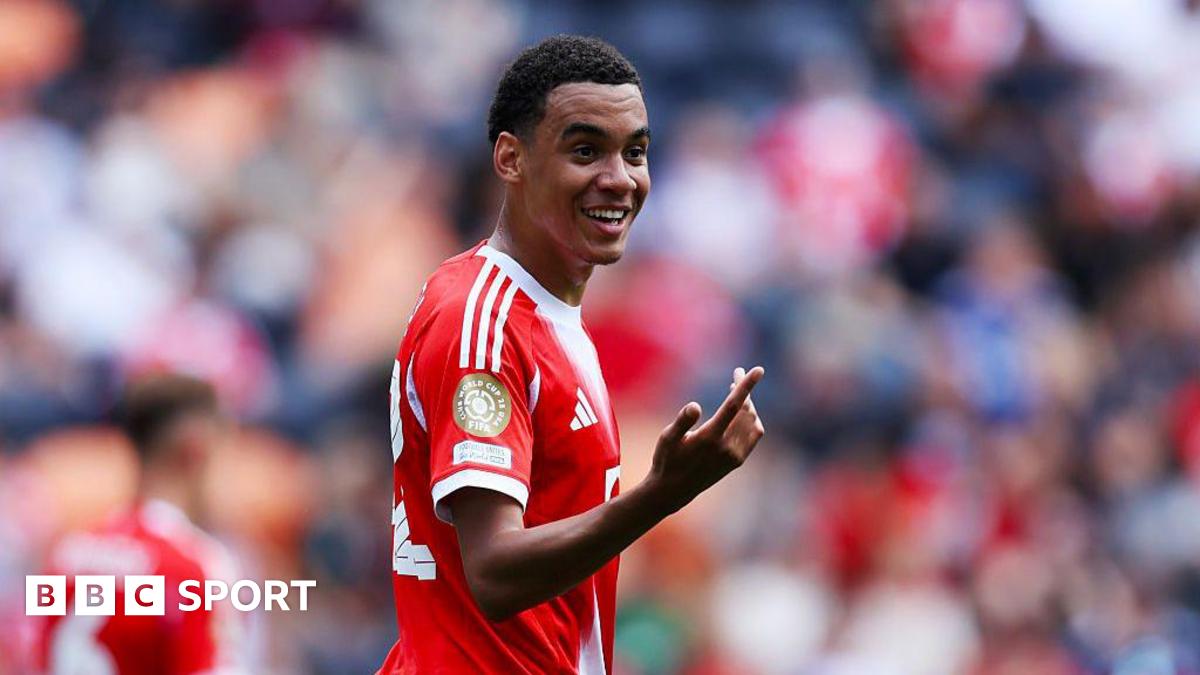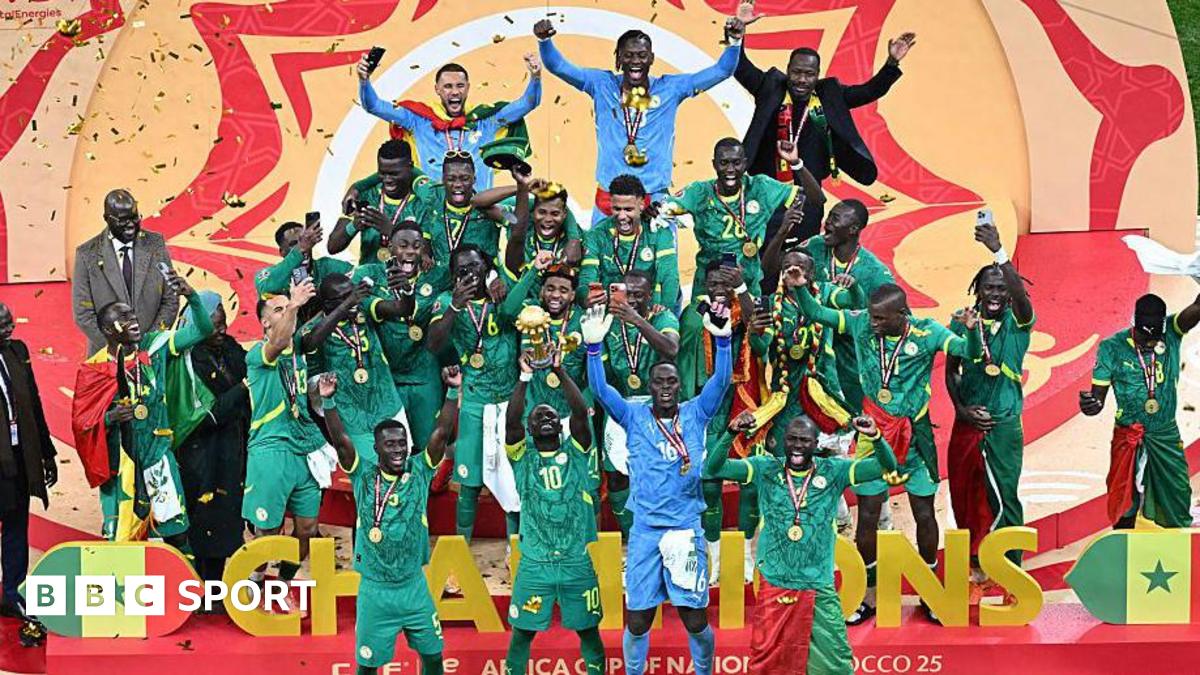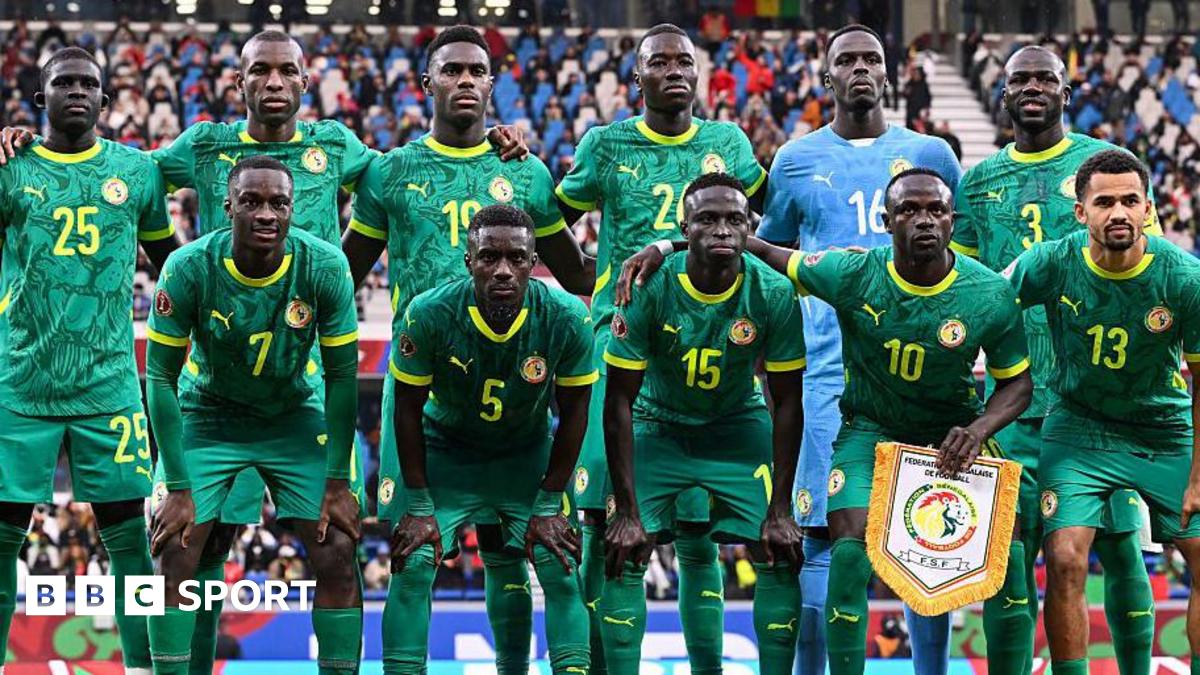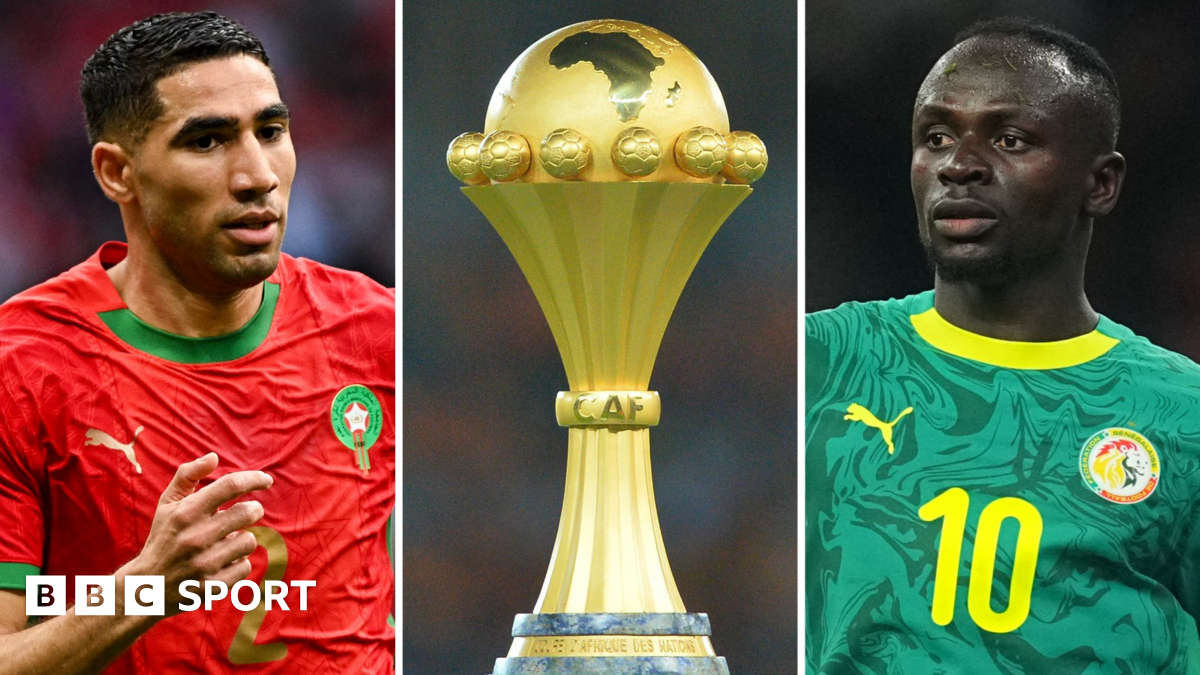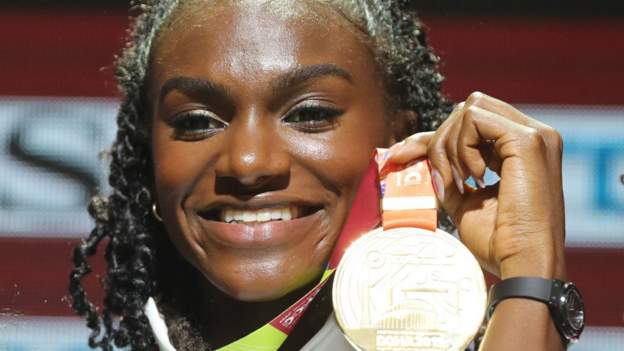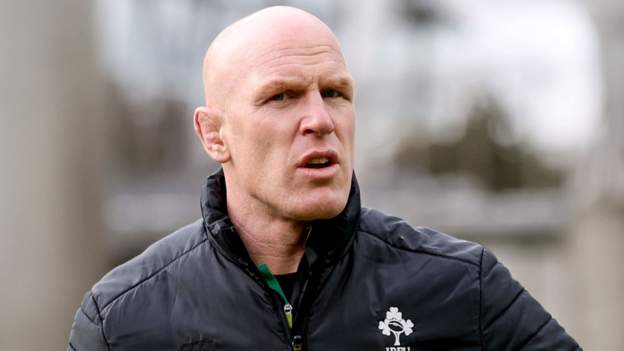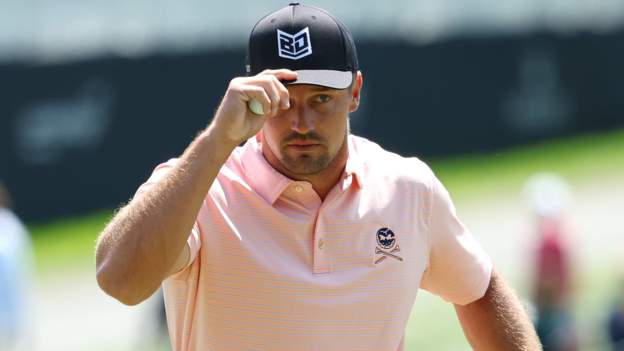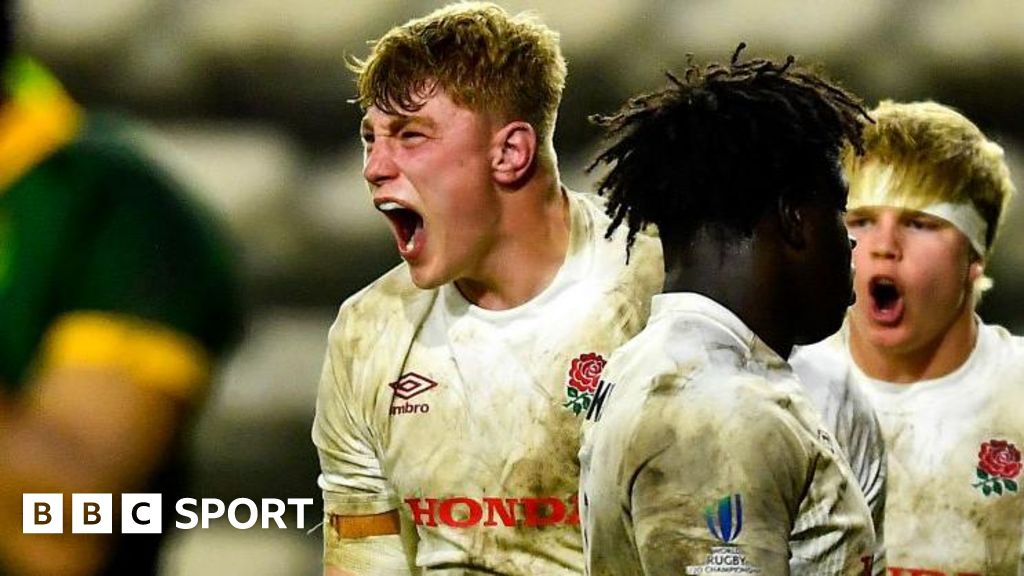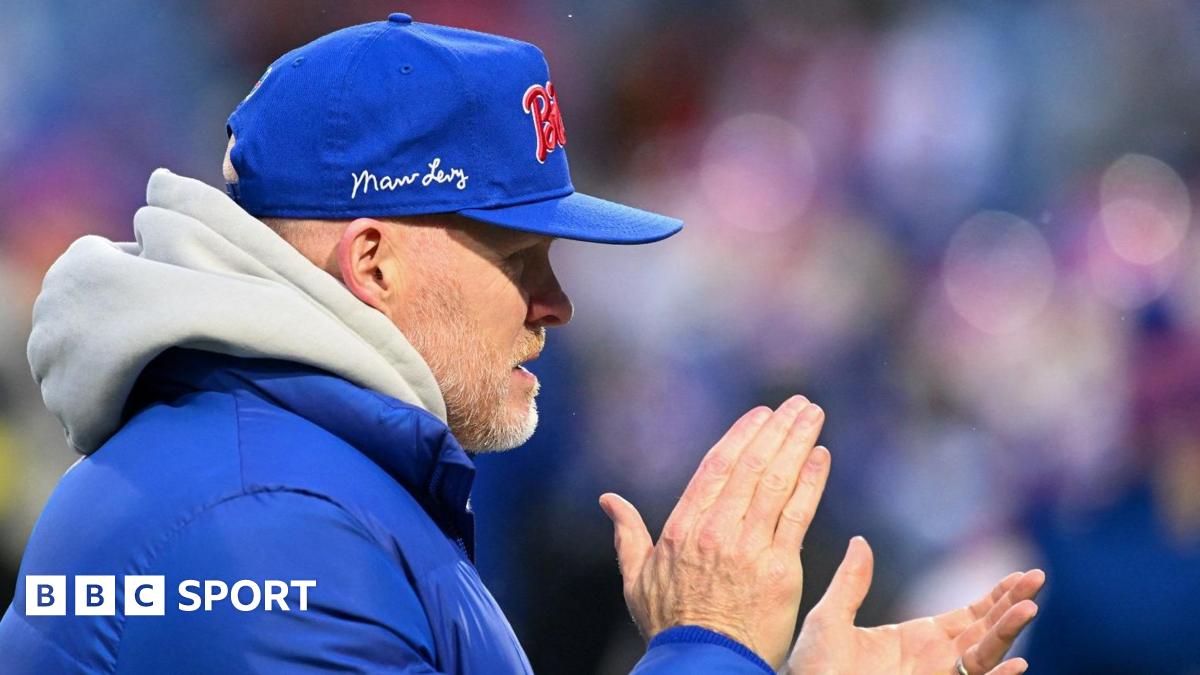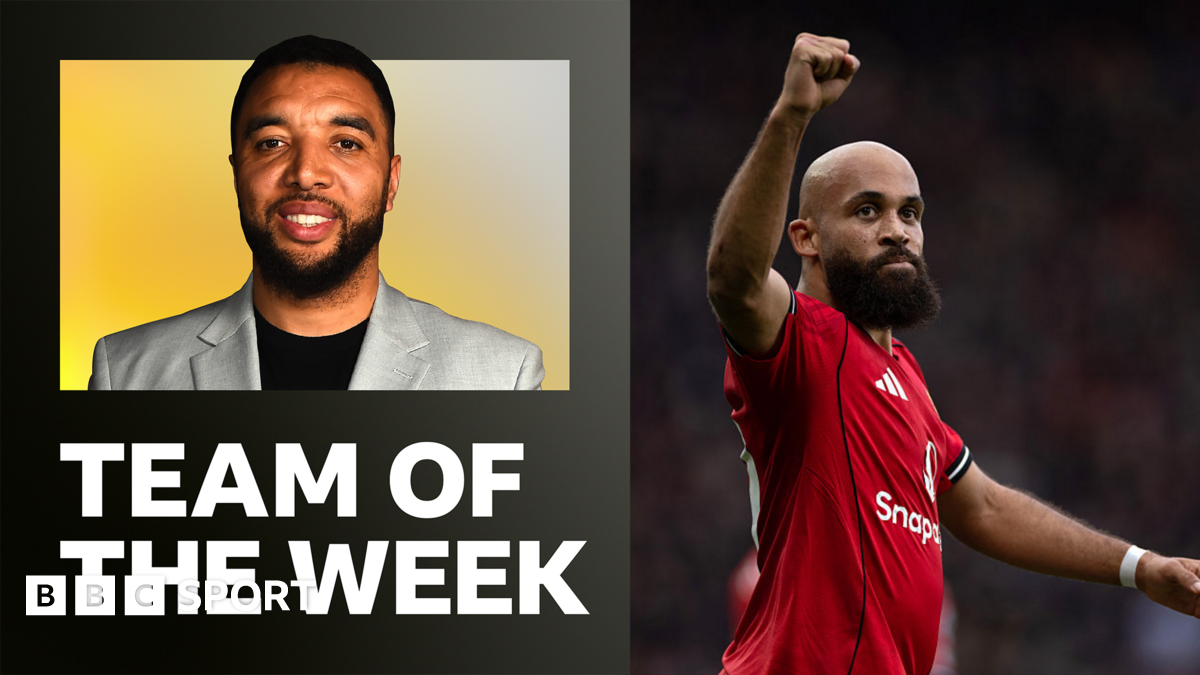Dina Asher-Smith wants the sports industry to consider “who we elevate, and why” in order to help young girls grasp what they are capable of.
The world 200m champion, 25, believes too many marketing messages featuring women focus on aesthetics.
She feels some girls may learn to prioritise looks over sporting success.
“With men, it tends to be simpler. If you’re the winner, you’re the MVP. You get the trophy. You get the flowers. You get elevated,” said Asher-Smith.
“If they’re marketing a new pair of football boots, they’re going to use someone like Lionel Messi up there on that billboard or wherever, because he’s the best,” Asher-Smith wrote on The Players’ Tribune.
“They aren’t going to use someone who only plays football recreationally just because he fits the image better. Someone who is more, in quotation marks, ‘marketable’ or ‘aesthetically pleasing.’
“And yet, often that is still the case when you look up and see the female option in the ads, on the billboards, in the TV coverage.
“Why? Because they fit an aesthetic ideal? Is there only one marketable body type for women? And then what kind of message does that send to the eight-year-old girl? What does it tell girls who aspire to be athletes?”
Asher-Smith, the fastest British woman in history over 100m and 200m, says it is time to “carefully consider” the messaging young girls see and wants greater consideration given to “who gets the opportunities outside the arena”.
She added: “If you’re the GOAT, the world-record holder, the gold medallist, that’s it. You deserve everything that comes with that. It’s simple.
“At least it is for men. But there are countless examples of where this isn’t the case in women’s sports.
“I’m constantly thinking about amazing athletes like Marta, Annika Sörenstam, Katie Ledecky, Shelly-Ann Fraser-Pryce, Valerie Adams or even most recently, Dalilah Muhammad (400-metre hurdles world-record holder, reigning world and Olympic Champion).
“Why aren’t their achievements and legacies familiar to more of us like those of Messi, Ronaldo, Tiger Woods, Michael Phelps, Usain Bolt and all the other amazing sportsmen?
“We want to win. We want to be our best, to be the best. But we can see the double standard.”
As part of its coverage of International Women’s Day on 8 March, BBC Sport published survey results which showed the majority of sports now offered equal prize money to men and women.
Asher-Smith says an eight-year-old girl once told her she may start exercising to manage her weight and she cites the moment as an example of how some children link exercise to an aesthetic goal rather than a pursuit of sporting excellence.
She feels the use of elite female athletes in the kind of marketing campaigns young athletes may see has “gotten better” but that effort is needed to “speed it up”.
“We need more conversations around what bodies are for, what it means to love yourself, about health and representation,” she added.
“We need more images elevated of women in sports in full flight; strong, sweaty, powerful and muscular.
“We also need to see them as rounded human beings, when they lose, when they’re frustrated, angry and upset.”



